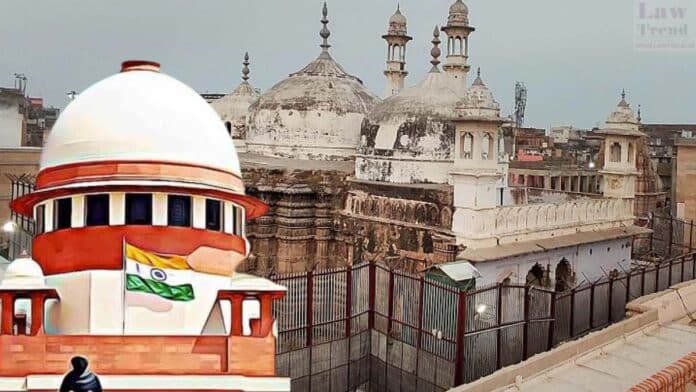In a significant ruling on Monday, the Supreme Court of India declined to halt the conduct of Hindu prayers within the southern cellar of the historic Gyanvapi mosque located in Varanasi. The apex court, however, has mandated that the status quo be maintained regarding religious practices within the mosque’s premises, ensuring that both Hindu and Muslim communities can continue their respective forms of worship without impediments.
The decision came amidst a backdrop of intricate legal and communal discussions surrounding the use of the mosque’s southern cellar for Hindu religious ceremonies. The Supreme Court’s ruling highlighted the importance of coexistence and mutual respect among different religious communities, emphasizing the uninterrupted continuation of Muslim prayers following previous orders dated January 17 and January 31.
According to legal reporting by LiveLaw, the Supreme Court bench stated, “Bearing in mind the fact that the Namaz is offered by the Muslim community unhindered after the orders dated Jan 17 and Jan 31, and the offering of pooja by the Hindu priest is confined to the area of the tehkhana, it is appropriate to maintain status quo so as to enable both communities to offer worships in the above terms.”
Also Read
The Gyanvapi mosque committee had lodged a plea against the permission granted for Hindu puja (prayers) within the mosque’s southern cellar. The Supreme Court has scheduled this plea for final disposal in July, indicating that further deliberations and a conclusive verdict are anticipated in the coming months.




